On behalf of the Politburo , General Secretary To Lam has just signed and issued Resolution No. 70-NQ/TW dated August 20, 2025 on ensuring national energy security until 2030, with a vision to 2045. Photo: VNA
Step by step energy conversion to meet the country's development requirements
On behalf of the Politburo, General Secretary To Lam has just signed and issued Resolution No. 70-NQ/TW dated August 20, 2025 on ensuring national energy security until 2030, with a vision to 2045.
The Resolution clearly stated that, in order to meet the requirements of rapid and sustainable development of the country in the coming time, especially to implement the two strategic goals by 2030 and 2045, ensuring energy security plays a very important role. Energy must be one step ahead, fully meeting the needs of socio -economic development, national defense, security and improving people's lives.
Regarding the general goal by 2030, Resolution No. 70-NQ/TW clearly states: To firmly ensure national energy security; to provide sufficient, stable, high-quality energy, reduce emissions for socio-economic development, ensure national defense and security, improve people's lives, and protect the ecological environment.
Step by step energy transformation to meet the country's development requirements and international commitments. The energy sector develops harmoniously between sub-sectors with synchronous and smart infrastructure, reaching the advanced level of the ASEAN region. The energy market is competitive, transparent, efficient, in line with the socialist-oriented market economy.
Quickly exploit and effectively use domestic energy resources combined with reasonable energy import and export; energy is used more economically and effectively. Many key materials and equipment in the energy sub-sectors are produced domestically; the electricity transmission and distribution grid is built modernly and intelligently.
Strongly encourage private sector participation in energy development
Specific targets by 2030: Total primary energy supply is about 150 - 170 million tons of oil equivalent; total capacity of power sources is about 183 - 236 GW or higher depending on system demand and socio-economic development situation over time; total electricity output is about 560 - 624 billion kWh. The proportion of renewable energy in total primary energy supply is about 25 - 30%.
Total final energy consumption is about 120 - 130 million tons of oil equivalent.
Smart, efficient power system, capable of safely connecting to the regional power grid; ensuring safe power supply, meeting N-1 criteria for important load areas and N-2 for especially important load areas. Power supply reliability and power access index are among the top 3 leading countries in ASEAN.
Oil refineries meet at least 70% of domestic petroleum demand; petroleum reserves reach about 90 days of net imports. Develop facilities with full capacity to import liquefied natural gas (LNG) according to the demand for LNG power sources and other needs; form centralized LNG energy centers in harmony with regions.
The energy saving ratio on total final energy consumption compared to the normal development scenario is about 8 - 10%.
Reduce greenhouse gas emissions from energy activities compared to the business-as-usual scenario by about 15 - 35%.
The Resolution also sets out a vision for 2045, which is: To firmly ensure national energy security; a competitive, fair, transparent and effective energy market, in line with the socialist-oriented market economy; a synchronous and sustainable development of the energy sector, efficient use of resources, environmental protection, reduction of greenhouse gas emissions and adaptation to climate change; a smart and modern energy infrastructure system, effectively connected to the region and internationally; the quality of human resources, science and technology level and management capacity of the energy sector reaching the same level as those of modern industrialized countries.
The Resolution sets out the main groups of tasks and solutions including: Strengthening the leadership of the Party, the management of the State and the participation of the entire political system and the People in ensuring energy security; Perfecting institutions and policies to become competitive advantages, solid foundations, and strong driving forces to promote energy development; Developing energy supply and infrastructure, firmly ensuring energy security, meeting growth requirements;
Promote energy saving, environmental protection, response to climate change, flexibly implement international commitments on emission reduction; establish governance measures and respond to risks; Focus on mobilizing all social resources, strongly encourage the private sector to participate in energy development;
Create breakthroughs in science, technology, innovation, digital transformation and human resource training in the energy sector; Strengthen international cooperation, contribute to promoting rapid and sustainable development of the energy sector and ensuring national energy security.
Source: https://baolaichau.vn/xa-hoi/bo-chinh-tri-ban-hanh-nghi-quyet-moi-ve-bao-dam-an-ninh-nang-luong-quoc-gia-580880



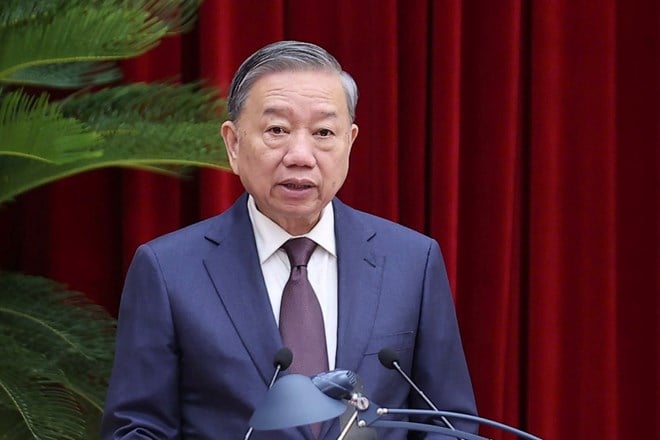

![[Photo] Prime Minister Pham Minh Chinh chairs the thematic meeting on law making in August 2025](https://vphoto.vietnam.vn/thumb/1200x675/vietnam/resource/IMAGE/2025/9/4/ba42763cd48e4d7cba3481640b5ae367)

![[Photo] Politburo works with the Standing Committee of Can Tho City Party Committee](https://vphoto.vietnam.vn/thumb/1200x675/vietnam/resource/IMAGE/2025/9/4/10461762301c435d8649f6f3bb07327e)
![[Photo] Politburo works with the Standing Committee of Lai Chau Provincial Party Committee](https://vphoto.vietnam.vn/thumb/1200x675/vietnam/resource/IMAGE/2025/9/4/f69437b9ec3b4b0089a8d789d9749b44)
![[Photo] Politburo works with the Standing Committee of the Party Committee of the Fatherland Front and Central organizations](https://vphoto.vietnam.vn/thumb/1200x675/vietnam/resource/IMAGE/2025/9/4/6f23e5c0f576484bb02b3aad08f9d26a)


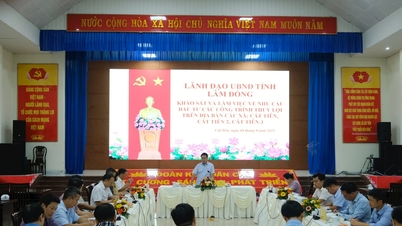

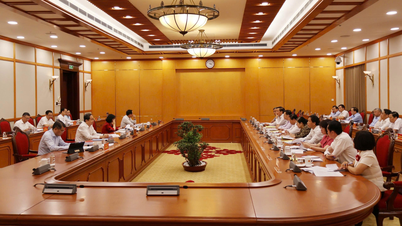







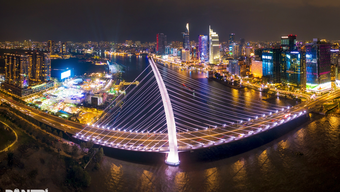

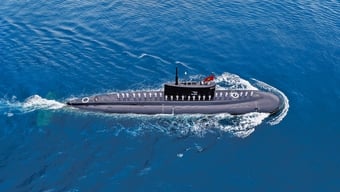


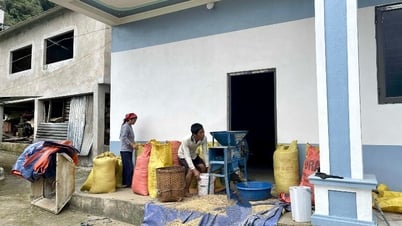
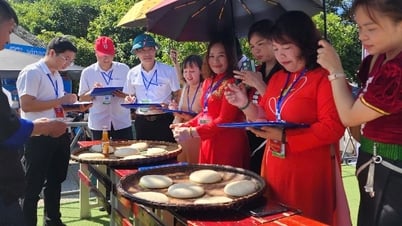
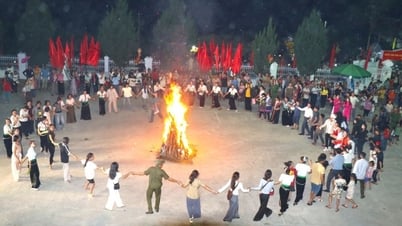



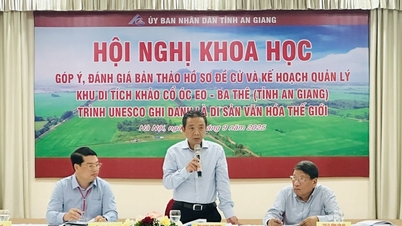




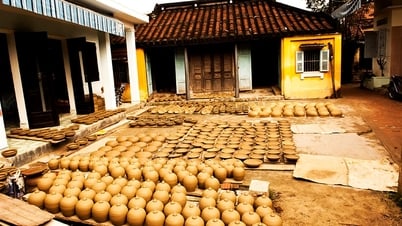



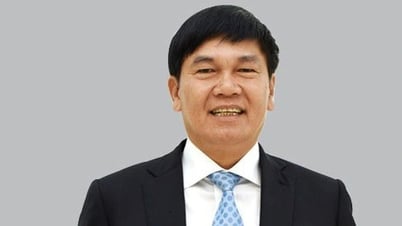












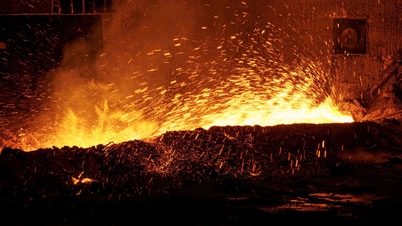




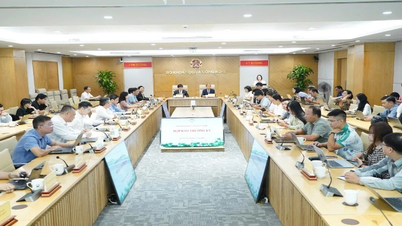




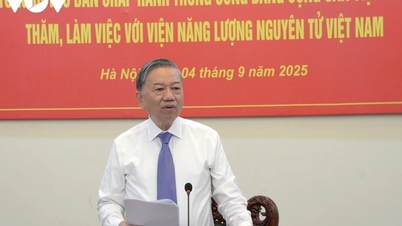





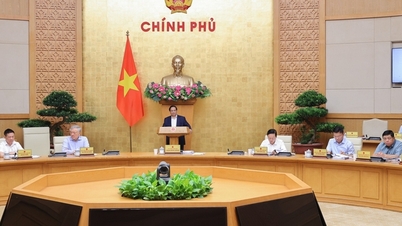

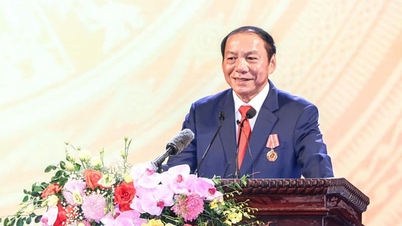
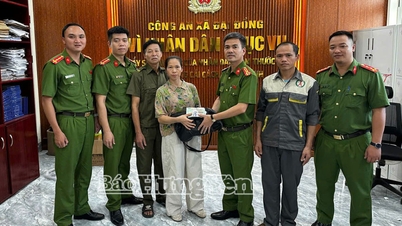






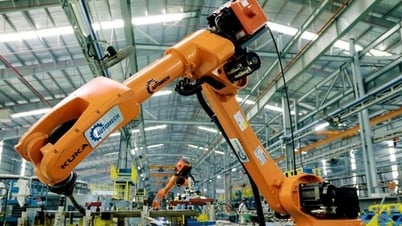



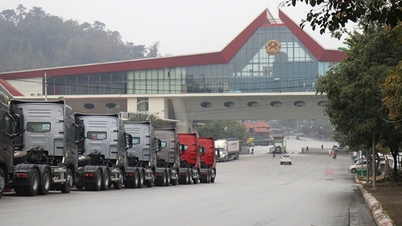








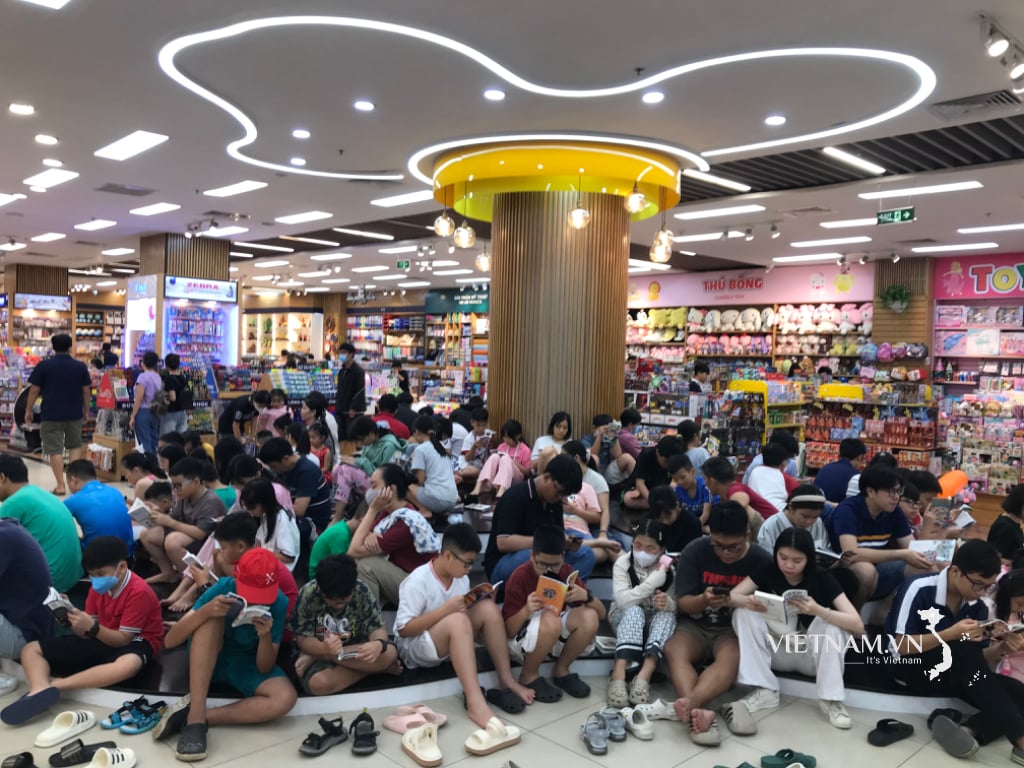
Comment (0)